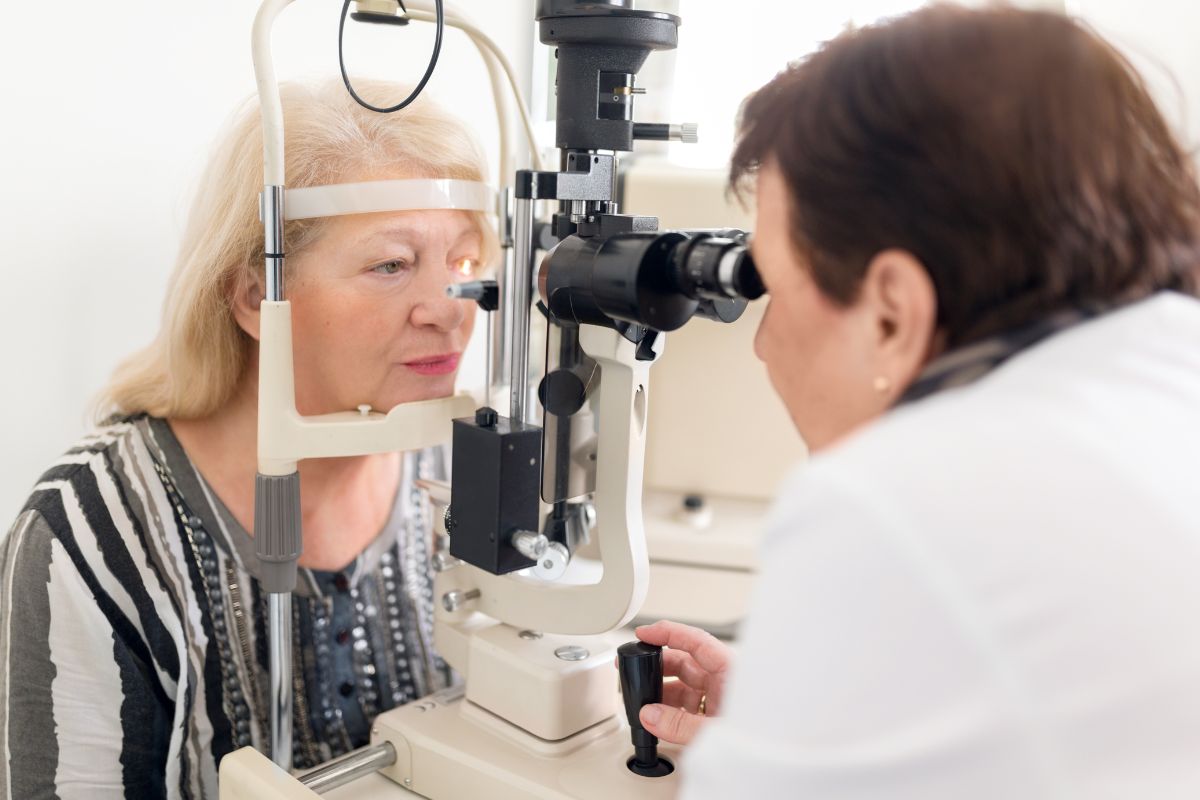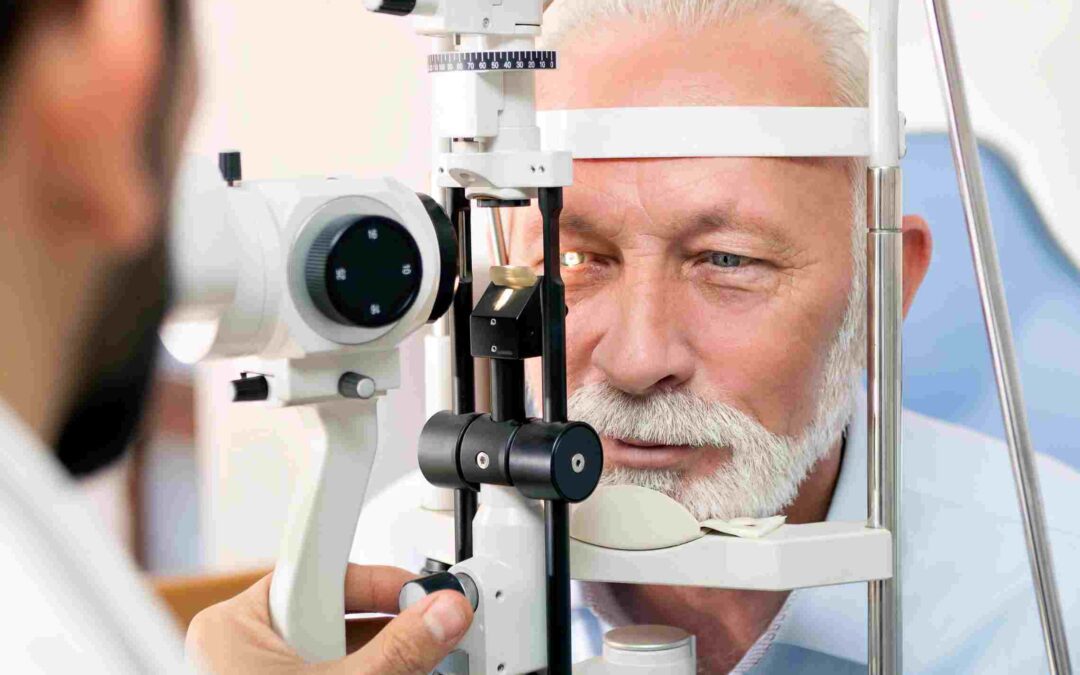Glaucoma ranks as a major reason for vision impairment and blindness. Essentially, it represents a collection of conditions where the optic nerve in the eye is usually damaged due to increased pressure. January’s National Glaucoma Awareness Month reminds everyone to have regular eye check-ups and support individuals affected by this ailment. Glaucoma manifests in various forms, such as open-angle glaucoma, leading to a gradual loss of peripheral vision; angle-closure glaucoma, caused by pressure on the iris hindering fluid drainage; and normal-tension glaucoma, occurring even without high eye pressure. Regrettably, once lost, vision cannot be restored.

PARTICIPATION & SUPPORT
Engage in community activities: Assist at local health events or city initiatives by volunteering. This also allows connecting with others facing similar challenges and creating a support network.
Schedule an eye examination: Visit an eye care professional like an optometrist or ophthalmologist for regular examinations, which are crucial for maintaining eye health, even without symptoms.
Understand risk factors: Higher risk groups include individuals of African, Asian, or Hispanic heritage, those over 60, relatives of glaucoma patients, people with diabetes, and people with severe myopia.

5 KEY POINTS TO REMEMBER
- Increasing patient numbers: In the U.S. alone, over 3 million individuals are affected, with numbers on the rise.
- A disease transcending age: Commonly linked with older adults, it can affect anyone, depending on their eye pressure tolerance.
- Ethnicity matters: African Americans face a higher risk of blindness from glaucoma. The disease is also prevalent among Hispanics over 65.
- Genetic factors in glaucoma: Those with family members suffering from primary open-angle have a significantly higher risk of developing the condition.
- Prospects for future patients: While no cure exists, early detection and management can slow vision loss or blindness.
SIGNIFICANCE OF NATIONAL GLAUCOMA AWARENESS MONTH
Highlighting a silent condition
The most prevalent form, open-angle, often goes unnoticed. If left untreated, it leads to a gradual loss of side vision.
Providing a platform for sufferers
This month allows those affected by glaucoma to share their experiences and find support.
Raising awareness
The goal is to educate the public about the risks and treatment options. This month, eye care organizations focus on informing people about the disease’s impact and prevention strategies.
Are you a caregiver looking after an aging parent or family member? Need help finding the right senior living community for them? Get in touch with our team of local experts today for resources, advice or placement options for your senior loved one.


